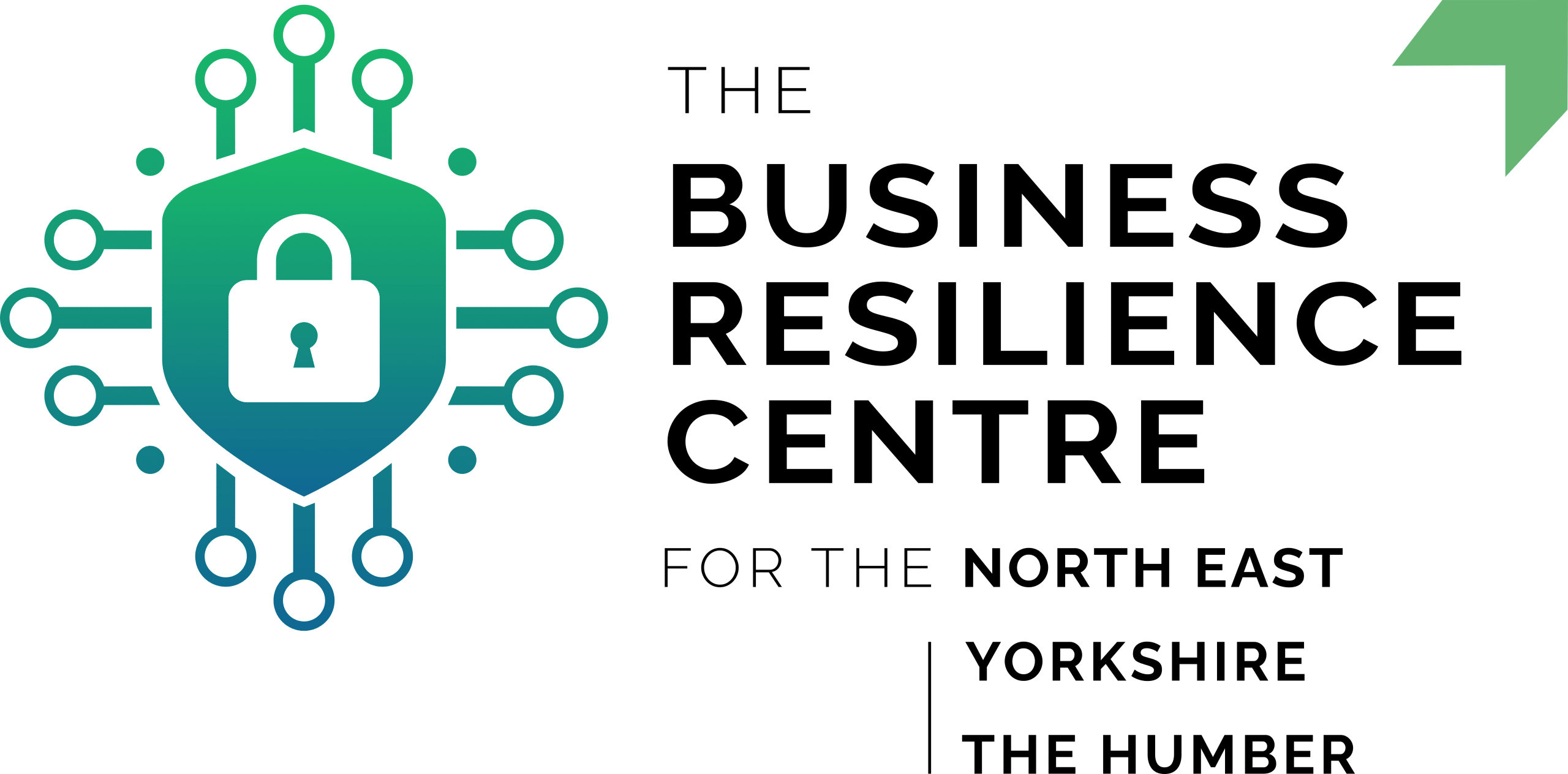In 2025, impersonation scams have escalated in both sophistication and frequency, largely due to advancements in artificial intelligence (AI) and deepfake technologies. These scams involve fraudsters posing as trusted individuals or organisations to deceive victims into divulging sensitive information or transferring funds.
According to the UK Finance Annual Fraud Report 2024, total losses due to impersonation scams amounted to £136.2 million, with 34,157 reported cases.
An impersonation scam occurs when a criminal pretends to be from a trusted organisation such as the police, a bank or supplier. The scams usually begins with a call, text or email requesting money or personal information such as bank details.
AI has enabled scammers to create highly convincing fake images, videos and audio recordings, making it increasingly difficult to distinguish between genuine and fraudulent communications. Notably, AI-generated deepfakes have been used to impersonate celebrities and public figures in such fraudulent schemes.
Be aware! Criminals are becoming ever more sophisticated and can spend hours researching you and your business in order to perform a credible impersonation email, call or text.
The Take Five to Stop Fraud guidance is as follows:
STOP!
Taking a moment to stop and think before parting with your money or information could keep you safe.
CHALLENGE!
Could it be fake? It’s ok to reject, refuse or ignore any requests. Only criminals will try to rush or panic you.
PROTECT!
Contact your bank immediately if you think you’ve fallen for a scam and report it to Action Fraud.
For further guidance on protecting you and your business please contact: [email protected]
To stay up to date with the ever-changing digital landscape and security threats, sign up for our free core membership.
The NEBRC is a Police led non-profit organisation that seeks to educate, inform, and support businesses across the UK on how to protect their business online through good cyber security practices.

